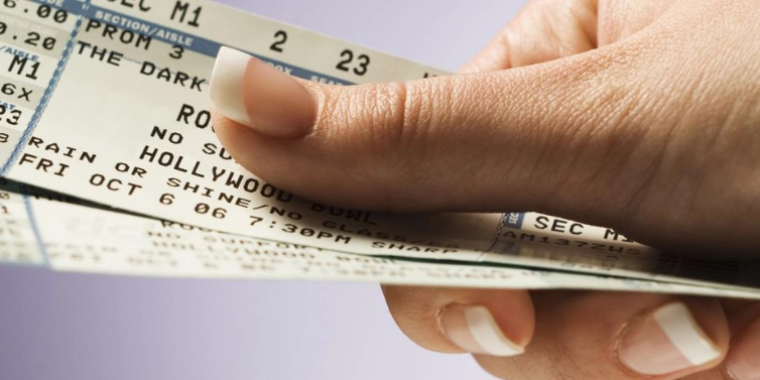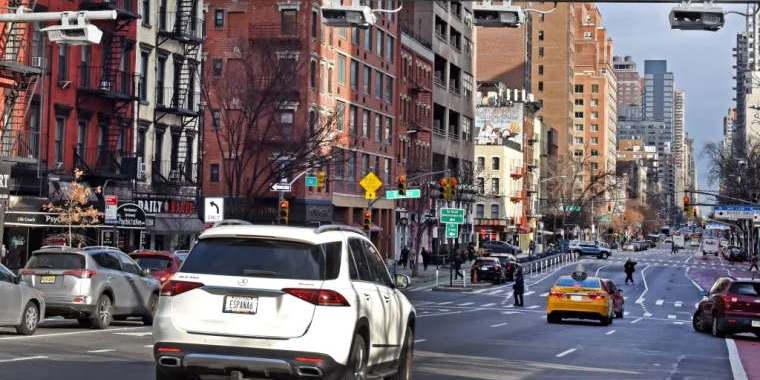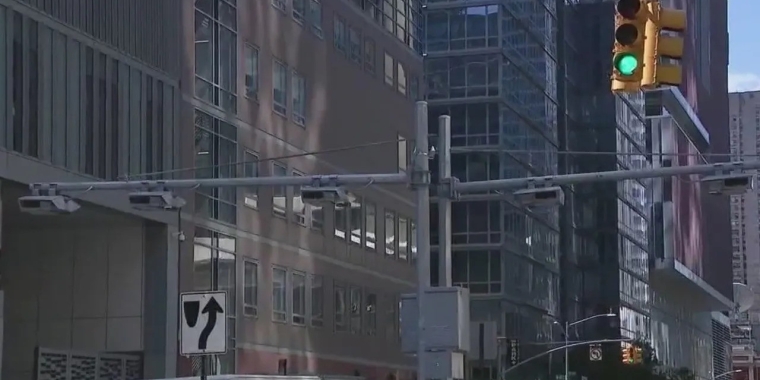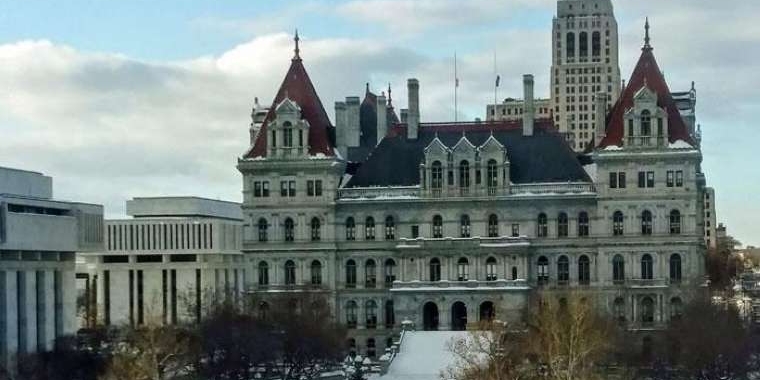New York State to Ban Hidden Fees on Concert Tickets

New York legislation requiring ticketing companies to display “all-in” ticket prices now awaits Gov. Kathy Hochul's signature after passing the State Senate on Thursday and the Assembly on Friday (June 3).
Those and other new rules are meant to bring “honesty” into the ticket market, the bill’s sponsor, James Skoufis (D-Hudson Valley), chair of the Senate Investigations and Government Operations Committee, tells Billboard. Hochul must sign the bill before the existing law expires on July 1.
Most notably, the bill requires primary or resale web pages for events in New York to disclose an “all-in” price that includes the ticket price inclusive of all ancillary fees, and show “in a clear and conspicuous manner” the portion of the price that represents a service charge or any other fee. The final price must be disclosed on the ticket's initial listing rather than multiple web pages later in the buying process. What's more, the seller cannot mislead the consumer by displaying the total fee in a smaller type size.
“I agree with the statement that people should pay, and will pay, whatever they want to pay for a ticket,” says Skoufis. “But they should know what that is. Oftentimes, they're not told what that value is.”
The bill will bring transparency into the opaque ticket re-sale market by requiring sellers to make clear when a ticket is being resold, disclose the original ticket price and let the buyer know the resale price may exceed the price of the primary ticket. Those rules will help provide “reasonable guardrails” for consumers to make more informed decisions, says Skoufis. “If people still want to buy a ticket, even though it was marked up two times, three times, four times, that's their decision. But they should at least know it was marked up.”
Additionally, the bill prohibits the resale of tickets that are acquired free of charge, although free tickets may be transferred to another person. It also outlaws charging a delivery fee for tickets that are either printed by the consumer or delivered electronically. The bill also increased the civil penalty for “knowingly” utilizing ticket purchasing software.
Ticketmaster, the country’s largest ticketing company, commended the new legislation even though it will revamp how it shows prices and fees to buyers. “We are supportive of industry-wide reforms and believe even more can be done to aid artists in delivering tickets to fans at their set price points,” Marla Ostroff, Ticketmaster managing director – North America, said in a statement to Billboard. “We would like to thank Assemblymember O’Donnell, in particular, for his work and steadfast support of the New York entertainment community.” A major player in the New York market, Ticketmaster could find that consumers react negatively to new disclosures.
New York, home to major music and sports venues in addition to Broadway and other arts events, is among the most active states in updating its ticketing laws, which it typically overhauls every three years.
The pending law is a scaled-down version of one included in an omnibus bill Skoufis introduced in 2021. Among the measures removed during negotiations were new rules for refunds that were inspired by the difficulties many consumers had getting money back for events delayed -- but not necessarily canceled -- due to COVID-19 restrictions. Skoufis also initially targeted “holdbacks,” the tickets an artist reserves for insiders and doesn't put on sale to the general public. The original bill capped holdbacks at 10% of total tickets and required the disclosure of the size of an artist's allotment of tickets for specific events. Skoufis cited a 2012 Justin Bieber concert at Madison Square Garden where 28% of tickets were held back for insiders such as friends, pre-sales, VIP packages and credit card partners, according to a 2016 report by the New York Attorney General's office.
“I guarantee you if that concert and many others had to disclose how many tickets they were withholding from their fans, they would not have held back nearly as many tickets because their fans would get pretty darn upset with Justin Bieber, or whoever the artist is,” says Skoufis. The 2016 report claimed 38% of tickets to New York's most popular shows were held back for insiders. But the investigative report Skoufis released in 2021 said Ticketmaster and Broadway representatives claimed holdbacks typically do not exceed 5% of the tickets they sell but could rise for certain events and markets. Still, Skoufis is convinced the public would want that information.
“It would act as a short of shaming tool,” he says. “And so that is something I'm going to continue working on.”



